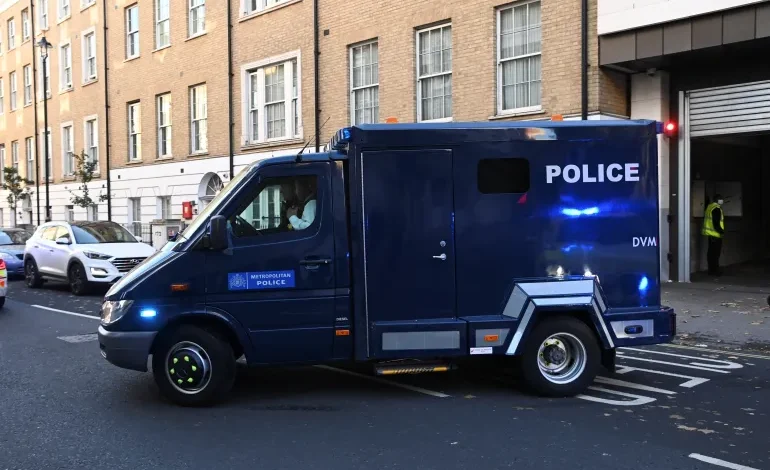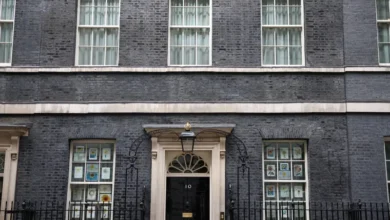Why have England and Wales nearly run out of prison spaces?
Belén Fernández

Prisons in England and Wales are facing a severe overcrowding crisis amid reports that fewer than 100 spaces remain in men’s prisons.
According to the Ministry of Justice, prisons have been operating at more than 99 percent capacity since the start of 2023.At the end of last week, the prison population stood at 88,234, up by 341 offenders the previous Friday, according to official figures. On Wednesday, UK media cited the Prison Officers’ Association saying only 83 places remained in men’s prisons.
On Friday last week, magistrates courts in England and Wales, lower courts which handle minor criminal cases, were told to delay the hearings of offenders on bail who are likely to be jailed until at least September 10.
The Labour government, which came into power last month in a landslide election, has repeatedly condemned the former governing party, the Conservatives, for neglecting the justice system and says its inaction has led to the current crisis.
As former director of public prosecutions, Prime Minister Keir Starmer said on Tuesday that he “could not believe” he had to count available prison places to cope with those who had been arrested for involvement in the far-right riots which targeted Muslim and minority communities earlier this month.
“Not having enough prison places is about as fundamental a failure as you can get. And those people throwing rocks, torching cars, making threats, they didn’t just know the system was broken, they were betting on it, gaming it,” he said.
But why are prisons in England and Wales so overcrowded, and what is being done to remedy the problem?
How fast have prison numbers been rising in England and Wales?
Within Western Europe, the UK has the highest rate of incarceration, with prison numbers sharply rising since the pandemic due to case backlogs, court delays and a new requirement for serious offenders to serve at least two-thirds of their sentences behind bars following a 2023 sentencing bill.
According to figures from the Prison Service, 23 percent of inmates had to share cells due to crowding in 2022-2023.
The Ministry of Justice predicts that the prison population will grow to between 95,000 and 114,000 by 2027 once case backlogs have been cleared.
Official figures from last year showed that magistrates’ courts handled more than 1.33 million criminal cases of varying severity.
Why is England and Wales running out of prison space?
Mark Fairhurst, National Chair of the Professional Trades Union for Prison, Correctional and Secure Psychiatric Workers, confirmed that only 83 places remain in men’s prisons when Al Jazeera spoke to him.
He said prisons are in this situation because over the past “five or six years the previous government was warned they would need at least 96,000 prison spaces” to cater to demand.
“[But] the government failed to act on that advice and failed to supply enough spaces,” he said.
“They didn’t build enough prisons, and they didn’t create enough spaces within existing prisons. On the back of their [the Conservatives’] 14-year tenure in government, they closed 20 public sector prisons with the loss of 10,700 cell spaces. Whereas if they would have invested in those prisons and modernised them, we wouldn’t be in this situation now.”
The recent far-right riots in the UK have further exacerbated the crisis.
Prosecutors have been trying to fast-track those accused of being involved in the riots, in which about 1,000 people were arrested, and 466 have so far been charged after courts sat for 24 hours per day to hear cases of those arrested in the riots.










